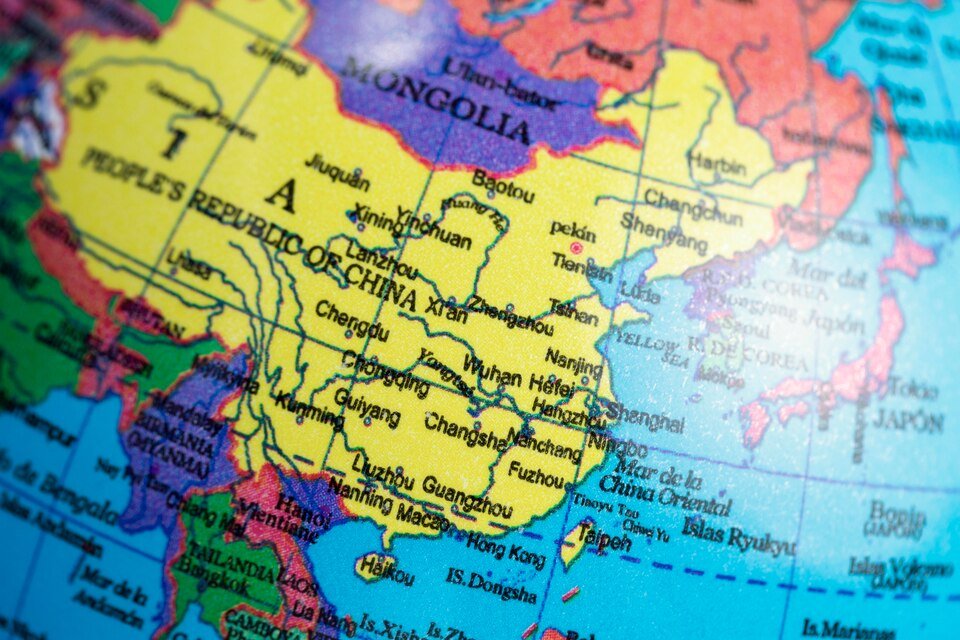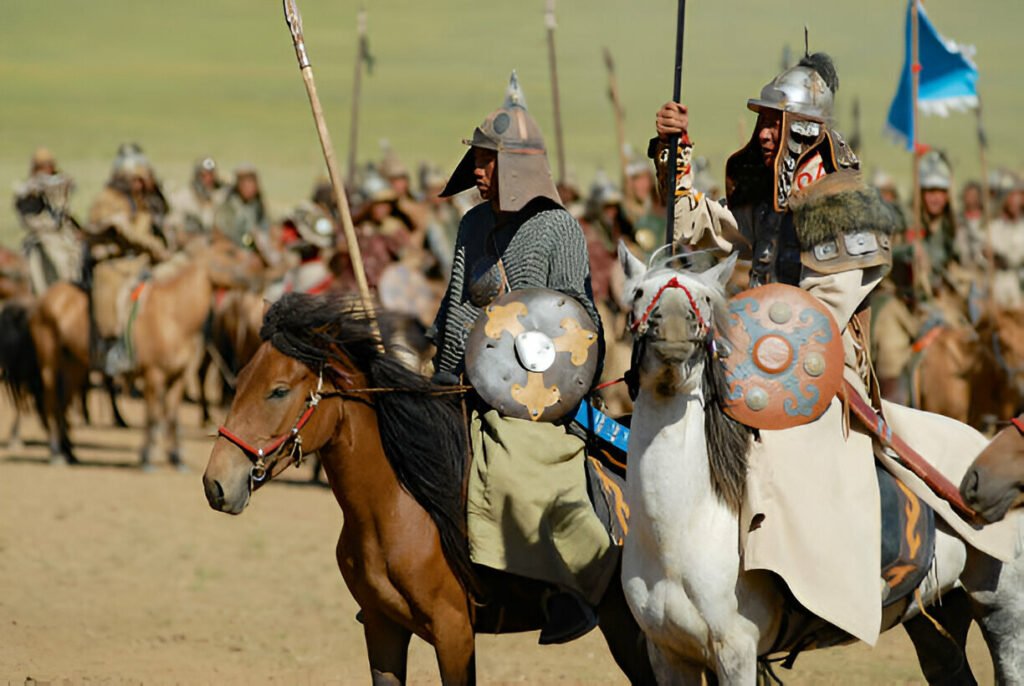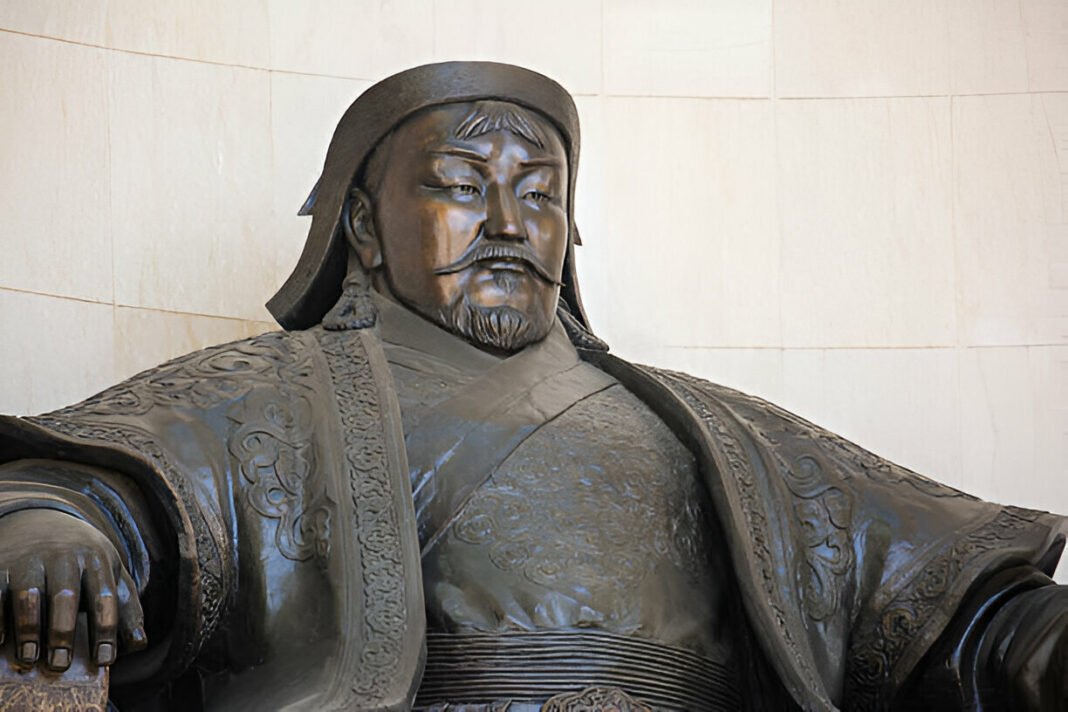Genghis Khan The Rise of the Mongol Empire
When we think of Genghis Khan, images of fierce warriors and vast conquests often come to mind. But who was this iconic leader, and how did he manage to reshape the medieval world? Genghis Khan, born as Temujin, founded the Mongol Empire, which became the largest contiguous empire in history. His life and military exploits left a lasting impact on the world, influencing cultures and nations far beyond his time.
Early Life of Temujin
Genghis Khan, originally named Temujin, was born around 1162 in the rugged steppes of Mongolia. He had a challenging early life. After his father, a tribal leader was poisoned by rivals, Temujin and his family were left destitute. These early experiences of betrayal and survival shaped Temujin’s character and fueled his ambition to unite the Mongol tribes.
Unification of the Mongol Tribes
Temujin’s rise to power began with his efforts to unite the fragmented Mongol tribes. Through a combination of diplomacy, alliances, and military prowess, he gradually brought the warring tribes under his leadership. In 1206, Temujin was declared Genghis Khan, meaning “universal ruler,” by a council of Mongol chiefs. The Mongol Empire officially began at this point.
Military Strategies and Innovations
Genghis Khan was a brilliant military strategist, known for his innovative tactics and adaptability on the battlefield. He organized his army into units called “tumens,” each consisting of 10,000 soldiers, which allowed for efficient command and control. The Mongol cavalry was highly mobile, enabling swift and surprise attacks. Genghis Khan also employed psychological warfare, using fear and intimidation to weaken his enemies’ resolve.

Conquests and Expansion
Genghis Khan oversaw the Mongol Empire’s quick expansion. He first targeted the neighboring Xi Xia and Jin dynasties in northern China. After securing these regions, Genghis Khan turned his attention westward. The Mongols invaded Central Asia, defeating the Khwarezmian Empire and pushing into Persia. These conquests were characterized by their speed and brutality, with entire cities sometimes being razed to the ground.
Impact on the Medieval World
Genghis Khan’s conquests had a profound impact on the medieval world. The Mongol Empire facilitated trade and cultural exchange along the Silk Road, connecting the East and West in unprecedented ways. This period of relative stability and safety, known as the Pax Mongolica, allowed for the flow of goods, ideas, and technologies across vast distances.
Governance and Legal Reforms
Beyond his military achievements, Genghis Khan implemented significant governance and legal reforms. He established a meritocratic system, promoting individuals based on their abilities rather than their social status. The Yassa, a code of laws attributed to Genghis Khan, emphasized loyalty, discipline, and order. These reforms helped to maintain stability and unity within the diverse Mongol Empire.
Death and Succession
Genghis Khan perished in 1227 while on a campaign against the Western Xia. Despite his death, the Mongol Empire continued to expand under the leadership of his successors, including his sons and grandsons. The empire eventually stretched from Eastern Europe to the Sea of Japan, encompassing much of Eurasia.

Legacy of Genghis Khan
The legacy of Genghis Khan is complex and multifaceted. On one hand, his conquests brought immense destruction and loss of life. On the other hand, he established a vast empire that promoted trade, cultural exchange, and communication across continents. Genghis Khan’s influence can be seen in the legal systems, military tactics, and even the genetic makeup of populations across Eurasia.
Conclusion
Genghis Khan’s rise from humble beginnings to the founder of one of history’s greatest empires is a remarkable story of resilience, leadership, and ambition. His military exploits reshaped the medieval world, leaving a legacy that continues to be studied and debated today. Genghis Khan’s impact on history is undeniable, reminding us of the power of vision and determination.
FAQs
Who was Genghis Khan?
Genghis Khan, born as Temujin, was the founder and first Great Khan of the Mongol Empire, the largest contiguous empire in history.
How did Genghis Khan unite the Mongol tribes?
Genghis Khan united the Mongol tribes through a combination of diplomacy, strategic alliances, and military conquests, ultimately being declared the “universal ruler” in 1206.
What were Genghis Khan’s military strategies?
Genghis Khan employed innovative tactics such as organizing his army into units called tumens, using highly mobile cavalry, and employing psychological warfare to intimidate enemies.
What was the impact of Genghis Khan’s conquests?
Genghis Khan’s conquests facilitated trade and cultural exchange along the Silk Road, promoted the flow of goods and ideas, and established a period of relative stability known as the Pax Mongolica.
What is the legacy of Genghis Khan?
Genghis Khan’s legacy includes his contributions to governance, legal reforms, military tactics, and the extensive cultural and genetic influence across Eurasia, highlighting his complex and lasting impact on history.




